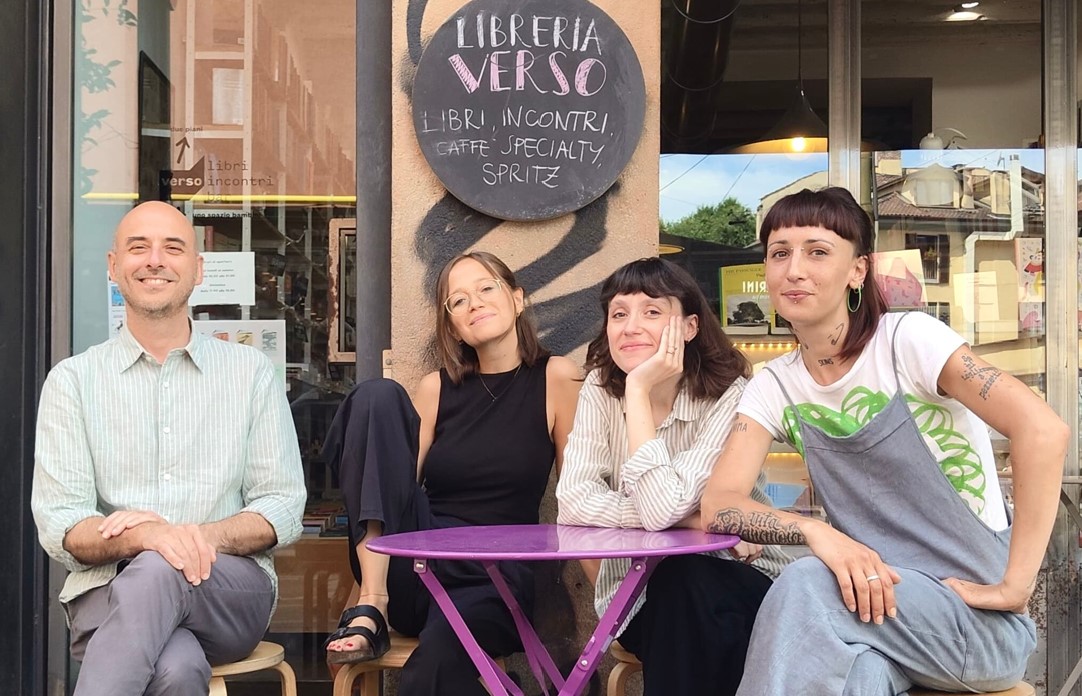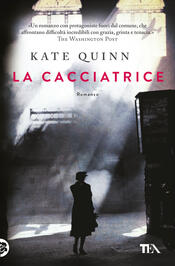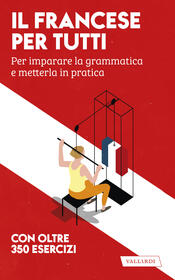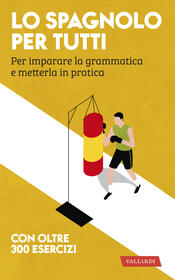

Sinossi
Trentamila anni fa, quando ancora vivevano i mammuth e le tigri dai denti a sciabola, i nostri antenati già condividevano il cibo. Perché da sempre noi umani, una o più volte al giorno, consumiamo pacificamente i nostri pasti in comune, obbedendo a precisi rituali, anche nella vita quotidiana: dalla preparazione e cottura degli alimenti alla gerarchia dei posti, dal modo in cui i cibi vengono presentati, spartiti e consumati alle conversazioni con cui s'intrattengono i commensali. Attraverso undici banchetti, Il pranzo della festa ripercorre la storia dell'alimentazione umana: si parte dalla differenza tra la nostra alimentazione e quella delle scimmie e si arriva ai pranzi consumati davanti alla tv. Martin Jones segue in primo luogo la trasformazione della nostra dieta, partendo dai primi cacciatori e raccoglitori fino ai fast food e al forno a microonde: sono annotazioni illuminanti, che possono aiutare a comprendere l'evoluzione della società e l'impatto ambientale del consumo globale di cibo. Attraverso questo excursus che spazia dal rapporto dell'alimentazione con lo sviluppo del cervello alla spettacolarità del cibo, dalla nomenclatura degli alimenti alle esigenze igieniche, Il pranzo della festa illustra anche i diversi significati che assume la condivisione del cibo: riflette per esempio l'ordinamento e i rapporti tra i sessi e le generazioni, è occasione di scambio e di incontro, può marcare la differenza tra tempo feriale e festivo.
- ISBN: 8811740754
- Casa Editrice: Garzanti
- Pagine: 456
- Data di uscita: 21-05-2009
Recensioni
It seemed a bit random to me (possibly because it read it in bits and pieces over a couple of weeks) but had interesting points to make about issues I find particularly interesting: why we live in rectangular instead of round buildings what's so bad about eating in front of a book (or computer) instea Leggi tutto
Feast: Why Humans Share Food by Martin Jones delves into the importance of food in human culture. He highlights the different stances and traditions humans have when consuming food. As Tom Jaine put it in her article for The Guardian, “We share our food; we eat it in public; we make eye contact with Leggi tutto
A good history of food, feasting, and food culture. It has more to do with human choices than necessity, folks. If food was just about getting sustenance, the old and infirm would have a hard time eating and there would be no such thing as the circular meal around the hearth. For humans, the author
Some interesting info but seemed a little unfocused. Some well chosen illustrations.
Yeay! Would be a 5 but for some editing issues. I highly recommend to anyone interested in food, socialization, or anthropology.
Too, academic even for me.
Fascinating.
Citazioni
Al momento non ci sono citazioni, inserisci tu la prima!























